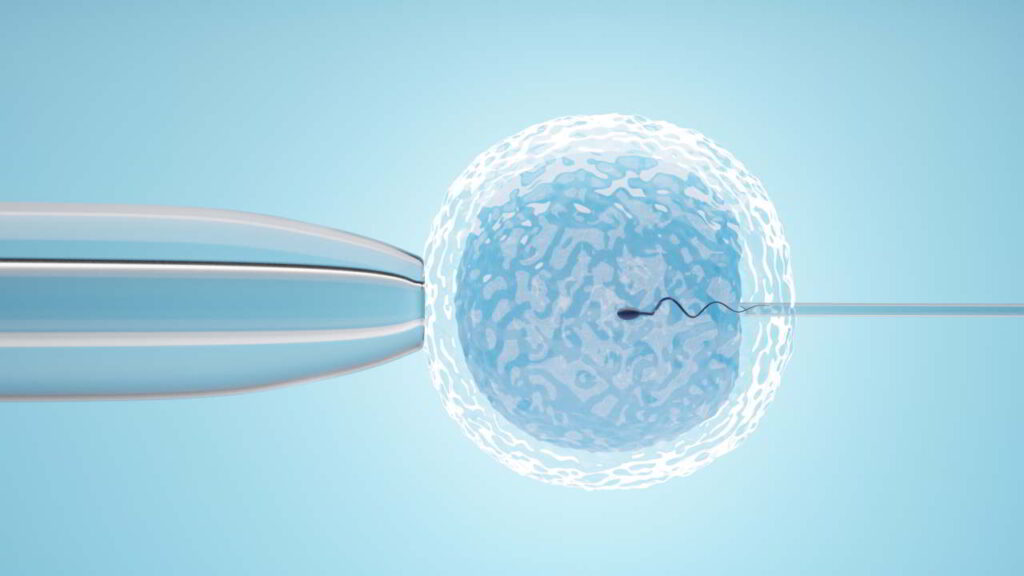Intrauterine
Insemination (IUI)

Fertility Care Tailored for Your Best Chance of Success.
What Is Intrauterine Insemination?
Intrauterine Insemination (IUI), often referred to as artificial insemination (AI), is a procedure that addresses specific infertility issues in both males and females. Typically paired with ovulation-stimulating treatments, IUI enhances the likelihood of pregnancy. During this procedure, sperm is cleaned of its seminal fluid and then directly introduced into the uterus.

Discover the IUI Path to Becoming Parents.
When male fertility issues are present, IUIs have been shown to increase the chances of pregnancy compared to natural intercourse. This method is also more effective when there’s an issue with cervical mucus that affects sperm movement, or in cases with slightly irregular sperm, which may be indicative of broader male fertility challenges.
The Intrauterine Insemination (IUI) technique involves the careful preparation and introduction of sperm, ensuring a concentrated batch of active motile sperm is delivered directly into the uterus through the cervix. Typically, this procedure is paired with fertility medications for the female recipient. For those facing infertility challenges, IUI stands as an economical and less complex method to boost fertility prospects.
To prepare the sperm for IUI, multiple methods exist, all of which focus on separating the sperm cells from the seminal fluid. Direct injection of unprocessed semen into the uterus is inadvisable due to chemicals in the fluid that might trigger intense and painful uterine contractions. Our primary method for sperm separation is the “Density Gradient Separation.” With this method, live, motile sperm are distinguished from non-motile sperm and other cellular material using a special viscous solution. This sperm processing typically takes about 2 hours. Post-preparation, a thin, flexible catheter is employed to introduce the sperm concentrate into the uterus through the cervix, a process that lasts between 5 to 10 minutes. Some patients may feel a slight cramp during the procedure, but this usually subsides shortly afterward. It’s important to note that this procedure has a minimal risk of infection, less than 1%. Before undergoing IUI, a hysterosonogram should be conducted to confirm the presence of at least one unblocked fallopian tube.
It’s imperative for every male providing a semen sample for IUI to undergo screening for various infectious diseases. Similarly, when a woman opts for donor sperm from a sperm bank, she too must undergo infectious testing before the procedure. The mandatory tests include screenings for HIV, HTLV I, RPR (syphilis test), Hepatitis B Surface Antigen, and Hepatitis C antibody.
Research indicates that IUI’s success rates improve when the female partner undergoes moderate medication treatment. This decision to use medication to stimulate the ovaries is made after discussions with the physician. In some cases, patients might be recommended injectable fertility drugs. These drugs are potent in prompting the release of multiple eggs from a woman. Producing more eggs during a treatment can boost the chances of success. However, it also increases the possibility of multiple pregnancies.
While the pregnancy success rates for artificial insemination might not match some of the more advanced methods, it has a distinct benefit: the procedure is straightforward and carries minimal side effects.
